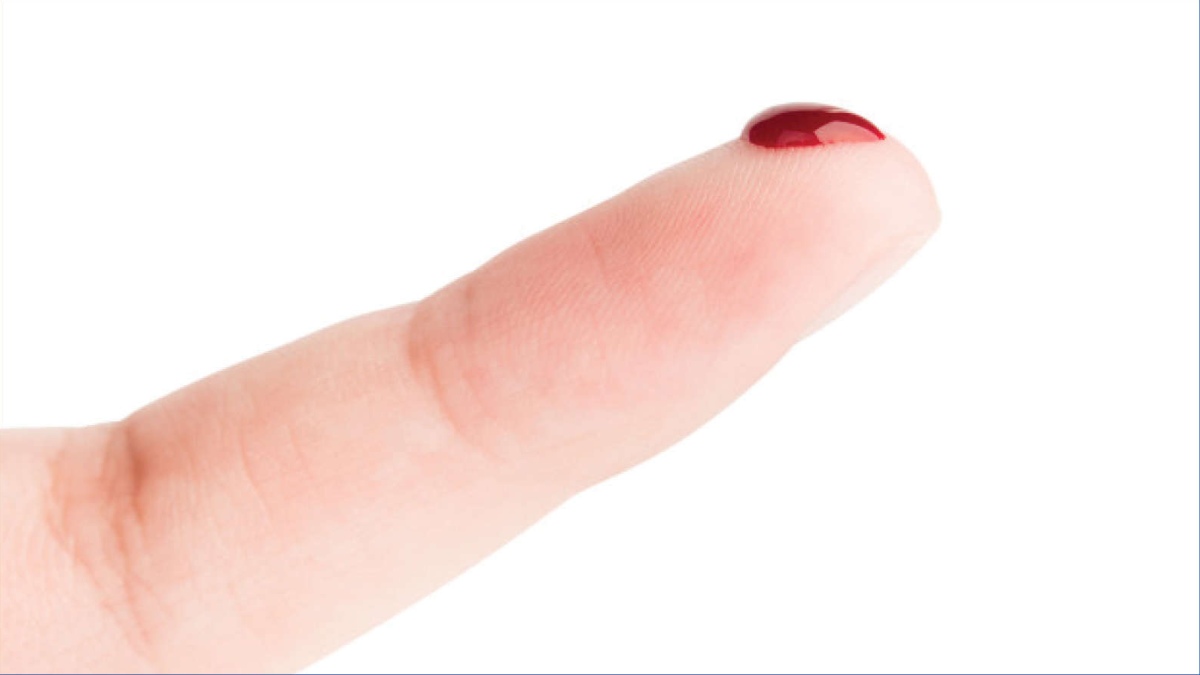The second wave of the Covid-19 pandemic has hit full force. Apart from people infected by the condition, those with diseases, particularly rare ones like haemophilia, have been particularly affected. This is because most hospitals are occupied with Covid-19 patients and visiting them in these times is fraught with risk. The onus, therefore, falls on the patients and their families at home to take precautions and manage the condition. Apart from keeping their vitals under check, they should also consult their healthcare providers in case of any Covid-19-like symptoms. There is a need to raise awareness about haemophilia as well as managing it during the ongoing pandemic.


Haemophilia is a rare genetic bleeding disorder in which the blood does not clot properly. As a result, a person suffers from spontaneous bleeding and may bleed for a longer time following an injury. This occurs due to the absence of clotting factors that are required to stop the bleeding. The intensity of the condition depends on the amount of clotting factor present in the blood.
Haemophilia is of three types: A, B, and C, and the difference between the three lies in the deficiency of a specific factor.
Females are carriers of haemophilia. It is not a life-threatening disorder unless the bleeding extends into a vital organ. However, it can be severely debilitating and there is no known cure for this disorder. About a third of new cases are caused due to a new mutation of the gene in the mother or the child. In cases where the mother is a carrier and the father does not have the disorder, there is a 50% chance of the male child having haemophilia and a 50% chance of the female child being a carrier. One should see a doctor in case the following symptoms show up – a severe headache, repeated vomiting, neck pain, blurred or doubled vision, extreme sleepiness, and continuous bleeding from an injury.
Under the current scenario, patients with haemophilia should also practice preventive measures against Covid-19. This includes rigorous hand hygiene and social distancing to avoid any external contact. For children with haemophilia, parents can undertake home therapy with guidance from their specialist through teleconsultation. This becomes important for both the treatment and prevention of bleeding. This will not only reduce the existing burden on healthcare centres but also allow patients to stay away from the risk of acquiring infections. In case of any emergency situation, it is imperative to keep the bleeding disorder card/disease status handy.
Some other general tips for haemophilia patients are as follows:
• Adequate physical activity can help maintain body weight and improve muscle and bone strength. However, avoid physical activity that can cause injury and resultant bleeding
• Avoid blood-thinning medication such as warfarin and heparin. It is also better to avoid over-the-counter medicines like aspirin and ibuprofen
• Clean your teeth and gums thoroughly. Get tips from your dentist on how to do this without making the gums bleed
• Get tested for blood-borne infections and get your doctor’s advice on hepatitis A and B vaccinations
In case of any complications, one should reach out to the treatment centre so that bleeding episodes can be managed. The centre can also help provide inputs on preventing Covid infection.
The writer is President, Medical Services, Portea Medical.
Under the current scenario, patients with haemophilia should also practice preventive measures against Covid-19. This includes rigorous hand hygiene and social distancing to avoid any external contact. For children with haemophilia, parents can undertake home therapy with guidance from their specialist through teleconsultation. This becomes important for both the treatment and prevention of bleeding. This will not only reduce the existing burden on healthcare centres but also allow patients to stay away from the risk of acquiring infections.























